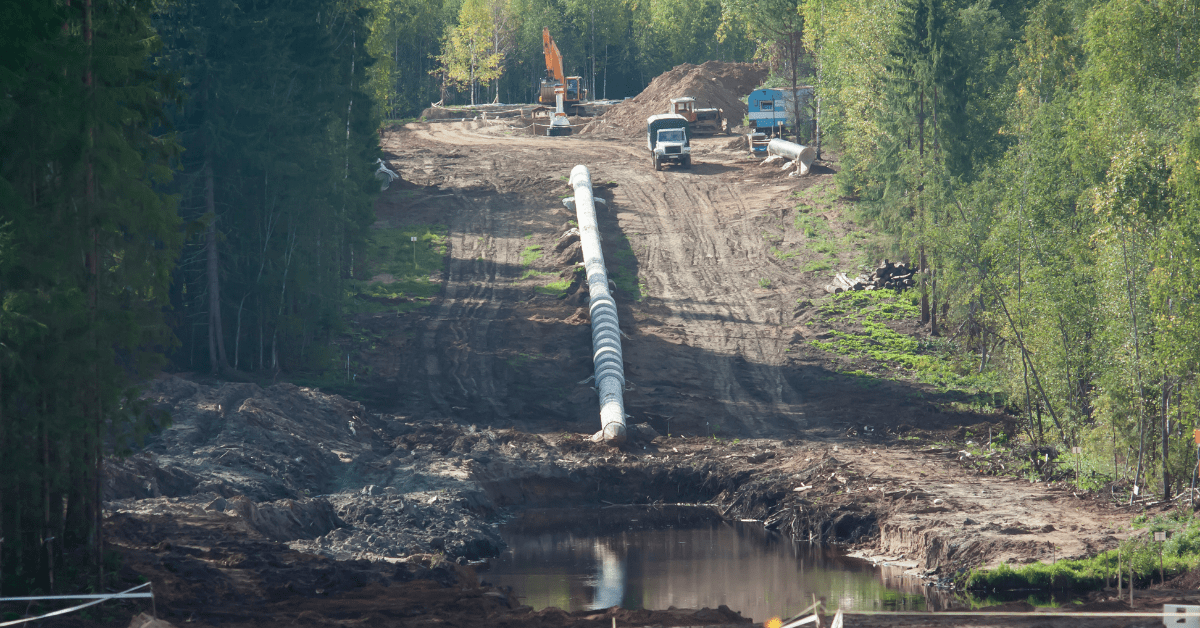
The Fight to Stop the Mountain Valley Pipeline
The Mountain Valley Pipeline (MVP) is a 303-mile natural gas pipeline stretching from West Virginia to Virginia. The company also proposes to construct and operate the Southgate Project, which includes 73.7 miles of underground natural gas transmission pipeline and associated aboveground facilities in Virginia and North Carolina.
It’s designed to transport natural gas from the Marcellus and Utica shale formations to markets in the mid- and south-Atlantic regions. The pipeline is owned by Mountain Valley Pipeline, LLC, a joint venture between several energy companies.
MVP has become one of the most controversial energy projects in Virginia. Spanning over 300 miles from West Virginia to southern Virginia, the MVP threatens fragile ecosystems, water quality, and private land across the region.
The project has faced strong opposition from environmental groups, Indigenous communities, landowners, and scientists. Their concerns are many: the pipeline cuts through karst terrain prone to sinkholes and groundwater contamination, jeopardizing clean water for thousands. It fragments forested land, disrupts wildlife habitats, and contributes to greenhouse gas emissions at a time when we must be reducing them.
Despite delays, legal battles, and cost overruns, construction has pushed forward—often under rushed timelines and with incomplete permits. The MVP has already caused significant environmental damage, including sedimentation in pristine streams and erosion on steep mountain slopes.
For many Virginians, this fight is about more than just a pipeline. It’s about environmental justice, property rights, and a just transition away from fossil fuels. Residents of Southwest Virginia, already facing economic challenges, are speaking out against a project they say sacrifices their land and water for corporate profit.
The MVP’s progress is a stark reminder of the need for stronger environmental laws and public oversight. It also underscores the power of grassroots resistance. Groups like Protect Our Water, Heritage, Rights (POWHR) and Appalachian Voices continue to rally support, challenge permits, and advocate for a cleaner energy future.
Stopping the MVP is still possible—and essential. The movement in Virginia is a testament to the strength of collective action in defense of our land and communities.
Learn more about the important work Wild Virginia has done to fight pipeline infrastructure here.